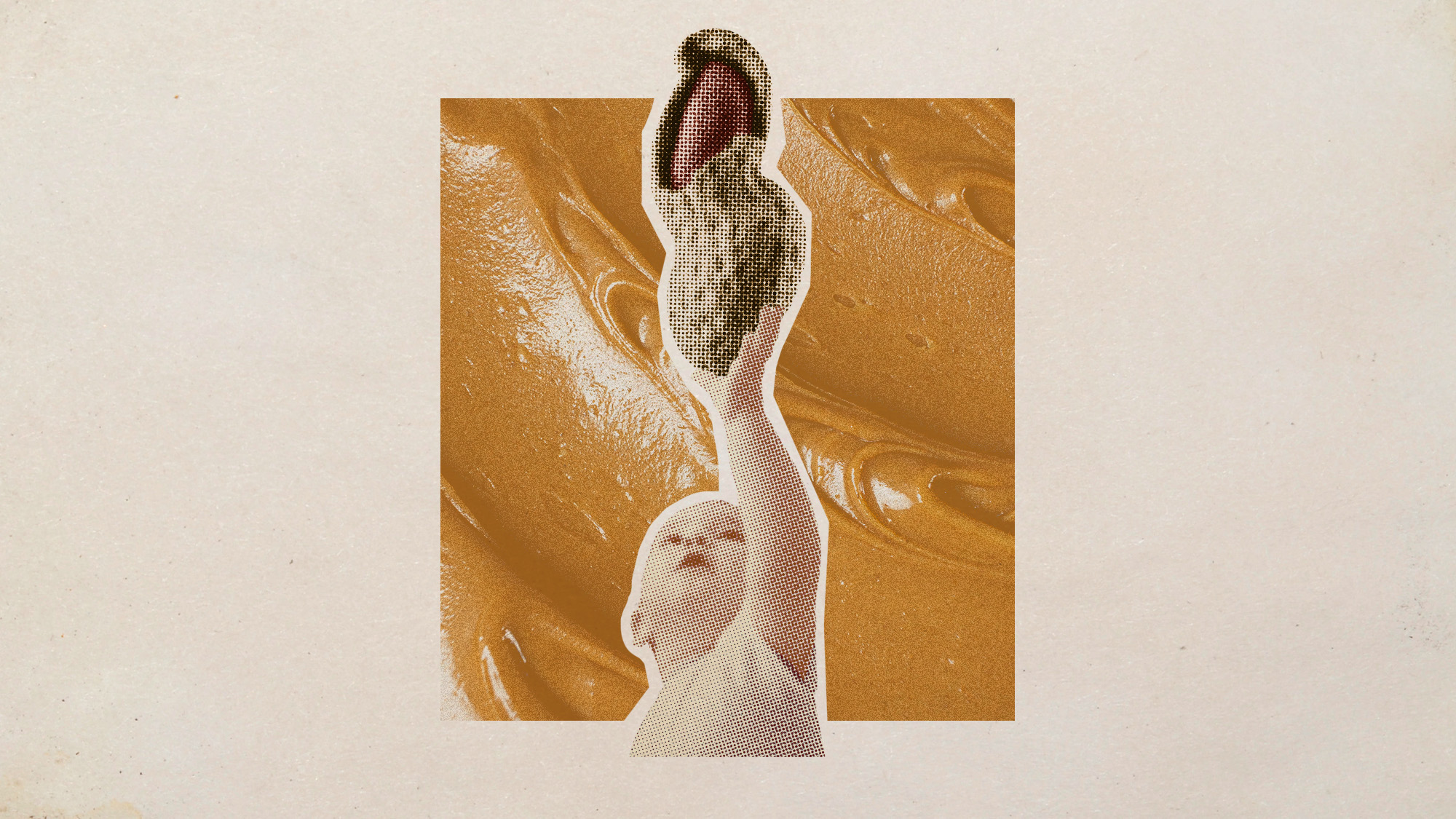Alcohol-related deaths saw massive increase during COVID-19 pandemic, CDC says


A free daily email with the biggest news stories of the day – and the best features from TheWeek.com
You are now subscribed
Your newsletter sign-up was successful
The United States saw a 26 percent increase in deaths caused by alcohol during the first year of the COVID-19 pandemic, according to a study released Friday by the U.S. Centers for Disease Control and Prevention.
This massive spike represents about 13 deaths per 100,000 Americans, marking the highest rate in at least 40 years, the head of the study, Merianne Spencer, told The Associated Press. CDC data showed that deaths increased in almost every age group, though the rate for men was anywhere from two to four times higher than for women.
The 26 percent bump is a stratospheric rise to a statistic that had already been increasing — the CDC said the rate of alcohol-related deaths from 2000 to 2018 had never increased more than 7 percent.
The Week
Escape your echo chamber. Get the facts behind the news, plus analysis from multiple perspectives.

Sign up for The Week's Free Newsletters
From our morning news briefing to a weekly Good News Newsletter, get the best of The Week delivered directly to your inbox.
From our morning news briefing to a weekly Good News Newsletter, get the best of The Week delivered directly to your inbox.
While depression related to the first year of the pandemic was cited by the CDC as a significant contributing factor, the report noted there may have been a number of other reasons for the spike as well. Marissa Esser, the head of the CDC's alcoholism division, told AP the additional deaths may have been related to people with alcohol-related illnesses being unable to receive medical care during the pandemic.
In total, there were more than 52,000 deaths last year classified as "alcohol-induced," the CDC said, up from 39,000 in 2019. This includes deaths from alcohol-caused liver failure, alcohol poisoning, and complications from alcohol withdrawal.
The study found at least one in eight deaths among Americans aged 20 to 64 could be linked to alcohol.
A free daily email with the biggest news stories of the day – and the best features from TheWeek.com
Justin Klawans has worked as a staff writer at The Week since 2022. He began his career covering local news before joining Newsweek as a breaking news reporter, where he wrote about politics, national and global affairs, business, crime, sports, film, television and other news. Justin has also freelanced for outlets including Collider and United Press International.
-
 Political cartoons for February 12
Political cartoons for February 12Cartoons Thursday's political cartoons include a Pam Bondi performance, Ghislaine Maxwell on tour, and ICE detention facilities
-
 Arcadia: Tom Stoppard’s ‘masterpiece’ makes a ‘triumphant’ return
Arcadia: Tom Stoppard’s ‘masterpiece’ makes a ‘triumphant’ returnThe Week Recommends Carrie Cracknell’s revival at the Old Vic ‘grips like a thriller’
-
 My Father’s Shadow: a ‘magically nimble’ film
My Father’s Shadow: a ‘magically nimble’ filmThe Week Recommends Akinola Davies Jr’s touching and ‘tender’ tale of two brothers in 1990s Nigeria
-
 Scientists are worried about amoebas
Scientists are worried about amoebasUnder the radar Small and very mighty
-
 Metal-based compounds may be the future of antibiotics
Metal-based compounds may be the future of antibioticsUnder the radar Robots can help develop them
-
 A Nipah virus outbreak in India has brought back Covid-era surveillance
A Nipah virus outbreak in India has brought back Covid-era surveillanceUnder the radar The disease can spread through animals and humans
-
 Trump HHS slashes advised child vaccinations
Trump HHS slashes advised child vaccinationsSpeed Read In a widely condemned move, the CDC will now recommend that children get vaccinated against 11 communicable diseases, not 17
-
 Covid-19 mRNA vaccines could help fight cancer
Covid-19 mRNA vaccines could help fight cancerUnder the radar They boost the immune system
-
 Peanut allergies have plummeted in children
Peanut allergies have plummeted in childrenUnder the radar Early introduction could be an effective prevention method
-
 FDA OKs generic abortion pill, riling the right
FDA OKs generic abortion pill, riling the rightSpeed Read The drug in question is a generic version of mifepristone, used to carry out two-thirds of US abortions
-
 The new Stratus Covid strain – and why it’s on the rise
The new Stratus Covid strain – and why it’s on the riseThe Explainer ‘No evidence’ new variant is more dangerous or that vaccines won’t work against it, say UK health experts
